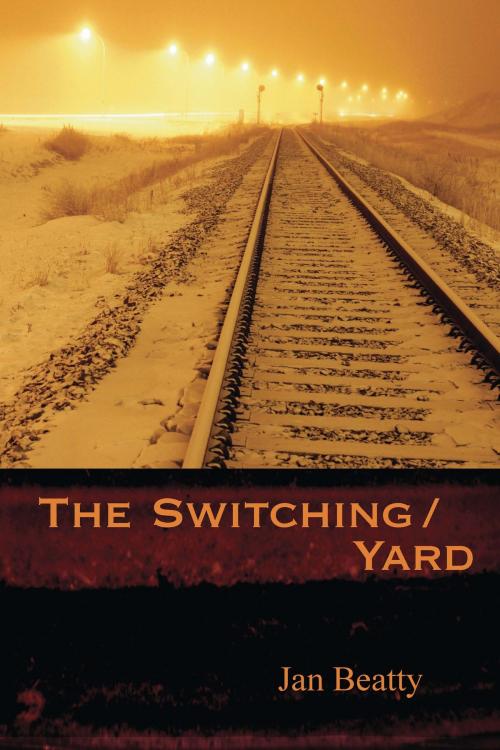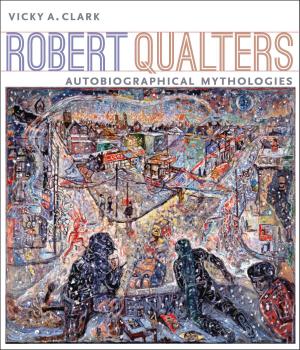| Author: | Jan Beatty | ISBN: | 9780822978701 |
| Publisher: | University of Pittsburgh Press | Publication: | March 31, 2013 |
| Imprint: | University of Pittsburgh Press | Language: | English |
| Author: | Jan Beatty |
| ISBN: | 9780822978701 |
| Publisher: | University of Pittsburgh Press |
| Publication: | March 31, 2013 |
| Imprint: | University of Pittsburgh Press |
| Language: | English |
In Jan Beatty’s fourth collection, The Switching/Yard, she takes us through the ravaged landscape of the American West. In unflinching lines of burning lyric and relentless narrative, she forges the constructed body into movement. What is still stereotyped as the romantic journey—now becomes as scarred as the Rust Belt. What lives in our collective unconscious as the Golden West becomes almost surreal, as these poems snap that vision in half with extended description of ghost explorers.
We see the open truck cab, the farm workers on the corner waiting for pick-up; we see the speaker returning west to find the long-abandoned story of the birthfather. There is no stable landscape here except the horizontal action of moving through. Landscape becomes story. In this extended tale of the idea of family, we find stand-ins for the father in the form of a hit man, Jim Morrison, and ultimately the unyielding road takes the place of the body. The Switching/Yard is at once the horizontal world of the birth table where babies are switched, the complex yard of the body where gender routinely shifts and switches, and the actual switching yard of the trains that run the inevitable tracks of this book.
In Jan Beatty’s fourth collection, The Switching/Yard, she takes us through the ravaged landscape of the American West. In unflinching lines of burning lyric and relentless narrative, she forges the constructed body into movement. What is still stereotyped as the romantic journey—now becomes as scarred as the Rust Belt. What lives in our collective unconscious as the Golden West becomes almost surreal, as these poems snap that vision in half with extended description of ghost explorers.
We see the open truck cab, the farm workers on the corner waiting for pick-up; we see the speaker returning west to find the long-abandoned story of the birthfather. There is no stable landscape here except the horizontal action of moving through. Landscape becomes story. In this extended tale of the idea of family, we find stand-ins for the father in the form of a hit man, Jim Morrison, and ultimately the unyielding road takes the place of the body. The Switching/Yard is at once the horizontal world of the birth table where babies are switched, the complex yard of the body where gender routinely shifts and switches, and the actual switching yard of the trains that run the inevitable tracks of this book.















